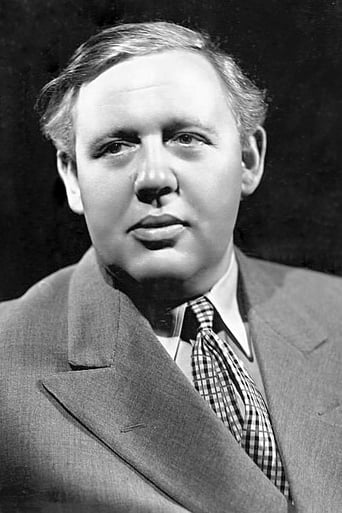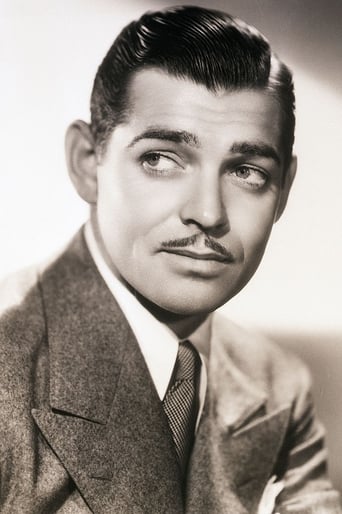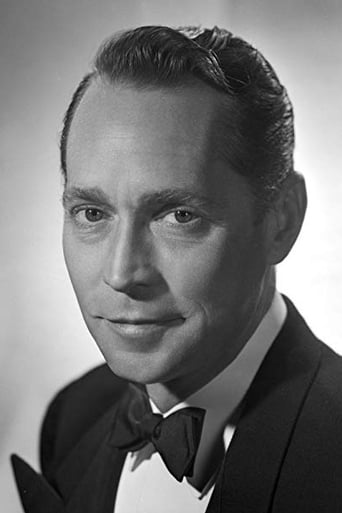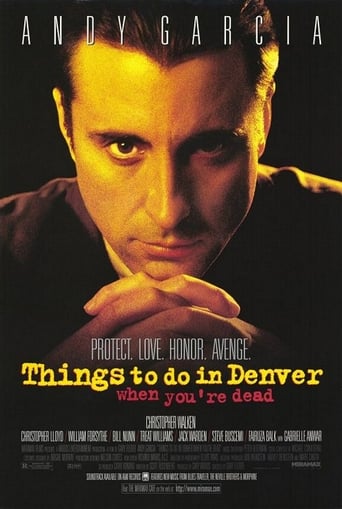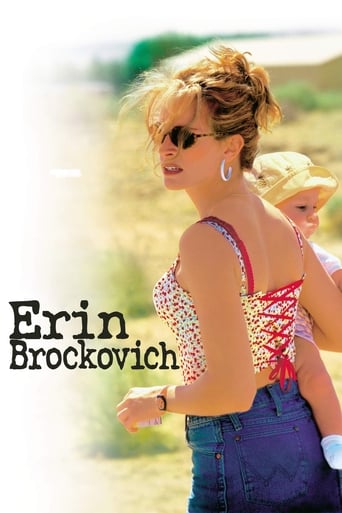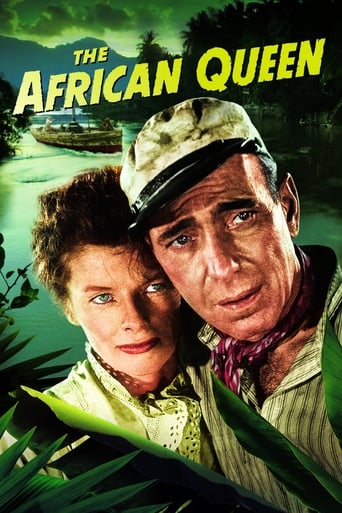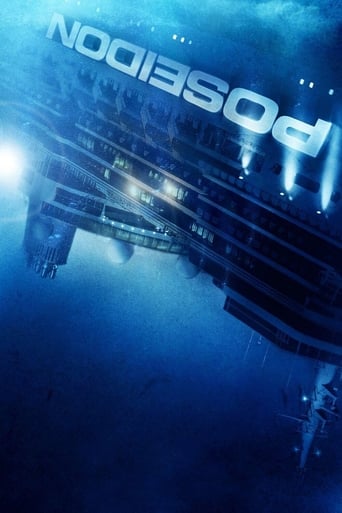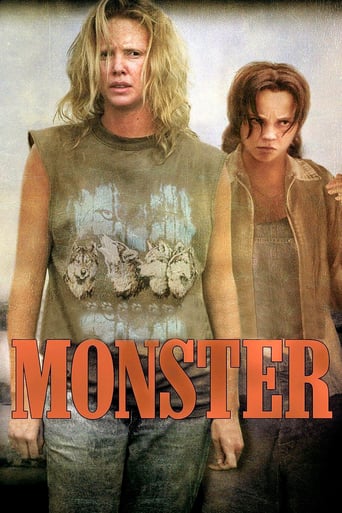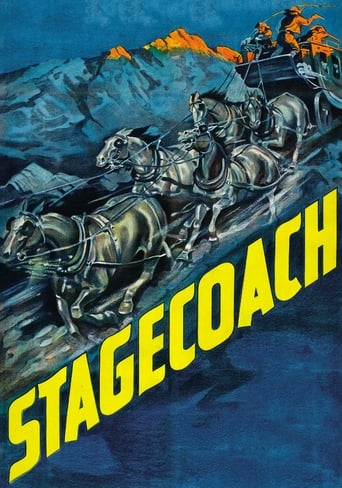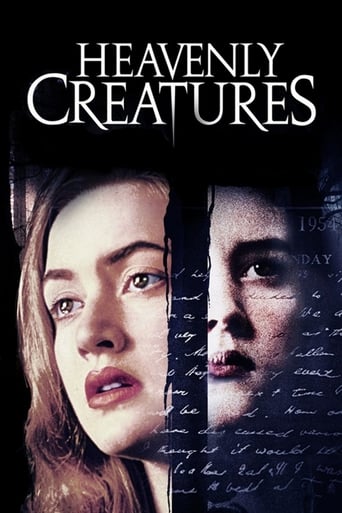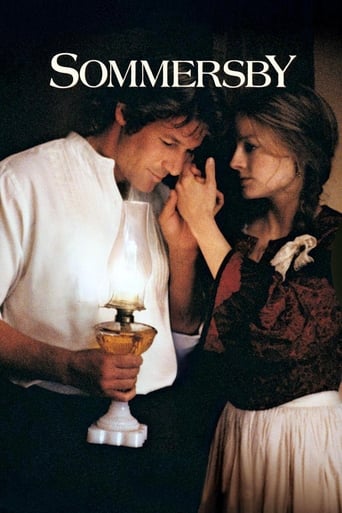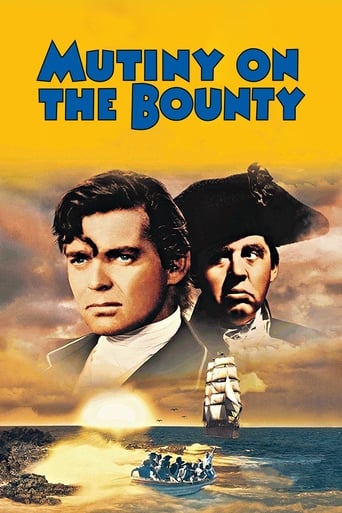
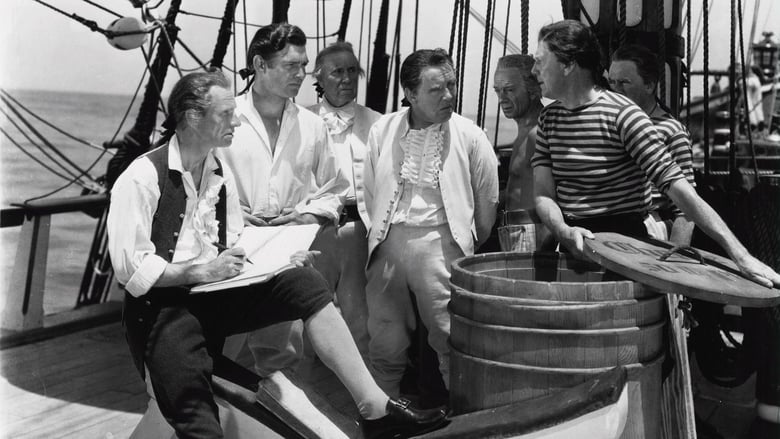
Mutiny on the Bounty (1935)
Fletcher Christian successfully leads a revolt against the ruthless Captain Bligh on the HMS Bounty. However, Bligh returns one year later, hell bent on revenge.
Watch Trailer
Cast


Similar titles
Reviews
Even though it was actor, Charles Laughton who had received top billing for starring in this 1935 adventure-drama story - This was clearly Clark Gable's picture from start to finish. Indeed, it was.And, if you are seriously looking for historical accuracy to entertain you with "Mutiny" - Then - Forget it!... This is Hollywood, folks, and, as expected, they are telling things their way, which means that "creative embellishment" rules the high seas here.Anyway - I'd say that "Mutiny" had both its good moments, as well as its not-so-good moments. But, all-in-all - I think that this Academy Award winner was certainly well-worth a view.My biggest complaint has to do with the casting of Charles Laughton as the notorious Captain Bligh character. Simply said - The repulsively pompous Laughton was downright unconvincing in his part.
To put it simply, Frank Lloyd's "Mutiny on the Bounty" has the word 'classic' stamped in every inch of celluloid. In 1935, it was the kind of escapist entertainment no viewer would refuse, no critic would dare to minimize, it set the tones of swash buckling adventures, by MGM and other studios but a few of them to raise above. You would indeed expect a film from 1935 to have aged a little, it aged even by the standards of 1962 when Lewis Milestone directed the remake, but the two films haven't aged the same and there are many aspects where 1935 Best Picture winner is actually superior.But before unveiling the strength and flaws of the first movie made about one of the most famous mutinies in history (if not the most), let's just examine what makes the story so cinematically appealing. Beyond the usual archetypes of the costume dramas and adventurous overseas journeys, with their share of brutish seamen, romantic heroes and insular paradises whose female natives welcome visitors with garland of flowers and tempting hips, there's –on the field of storytelling- a clear and captivating antagonism. There are basically two images instantly associated with the Bounty: Tahiti and its Christopher-Columbus like mission involving a mysterious breadfruit and the rivalry between Captain Bligh and "Mister Christian!" (shouted with Laughton's fiery voice).One who had a mild interest in the story knows that it's not black-and-white, Bligh was an authoritarian, by the book, ruler who never accepted his orders to be discussed, and Christian was an idealistic young officer who didn't approve Bligh's overuse of flogging as means of punishment. But who in 1935 asked for complexity and cared to discuss the flogging (a myth according to history), those were the glorious days where the casting had to includes a comic relief played by Herbert Mundin, and a wise drunkard played by Dudlee Dinges, from their very introduction, you know there won't be much room for subtlety. There will have to be reasons to justify these big and angry close-ups on the sailors, to see Christian boiling from inside and making the mutiny not just inevitable, but believable and acceptable.The 1935 film then takes an angle that couldn't have been less ambiguous: Bligh is the villain (he was the nineteenth entry in the American Film Institute's Top 50) and Christian is the romantic hero. Charles Laughton is obviously having fun adding an extra-sinister dimension to his Bligh, with these bushy eyebrows and sneaky look, he can only appear accidentally sympathetic while Gable, more dashing and handsome than ever, gets too perfect for our cynical modern taste. This is one of the paradoxes of the movie, it insists so much on making Bligh evil that it actually does a disservice to everyone else, heroes included.It all comes down to Bligh being a sadistic monster, flogging a dead man or keelhauling one to his death and showing not a bit or sympathy toward any of his subordinates. Meanwhile, Christian and Bryam (Franchet Tone) are the noble carriers of the flag of justice, they're young (actually, Bligh wasn't that old), they're handsome, and since they're right from the start, they don't provide the same kind of genuine excitement when they're on screen. Worse, they inherited from the most cringe-worthy romantic interludes ever, with girls who've been probably cast for their ability to maintain a dazed enamored smile for more than five minutes not to mention the Chief whose phony accent doesn't fool anyone.The Tahitian parts makes the mutiny believable, after having lived five months in paradise (the Hays Code prevents any mention of fooling around) the men have to undergo an even more angry and severe Bligh. But the writers again try too hard, Bligh, instead of maintaining his men in good spirit, cut their ration of water (because the plants needed more), he accuses Christian of stealing and many other provocation. The mutiny could just had been a case of sailors who wanted to get back to their island because the taste of idleness was just too good to endure Bligh more months. Bligh had to be made a bad guy in a way that felt too forced for believability, but then, just when I thought the film was slipping, something happened a little detail was explored, one that even the 1962 version overlooked.When you look at the real story of the Bounty, there's this magnificent subplot about Bligh leading 18 men on an overcrowded ship (seven meters long) to the island of Timor (3600 miles away), an exploit even by today's standards. That episode says a lot about Bligh's determination, leadership and sailing abilities. Laughton is given his one redeeming moment, as the man who beats the sea itself. It is a credit to the writers to have allowed this to be shown. And when the story cuts to Fletcher and Bryam and their mundane little Tahitian life, the excitement is gone again, and Gable never seems to be in danger anyway, we're somewhat glad for him, but retrospectively, we never pinpoint a moment where his life was in any danger. At least, Blight had that moment.So, when the film makes a villain out of him again in the final trial, I was perplex, sure it looked like a good ending, with all the message about how to manage people, but anyone who'd read the story of the Bounty know whatever happened to the mutineers after that, made Bligh's point. It doesn't make Bligh right of course but it did call for other more subtle portrayals. 1935 was only the start, and quite a good one, with all the deliberate flaws and accidental bits of genius.On a side note, it's also the film that convinced the Academy to add the Best Supporting Actor category; the one Franchet Tone's nomination belonged to. There can't be a movie with three leading actors, although technically, they were.
Mutiny On The Bounty is something of a timeless tale. Fletcher Christian leads a bunch of mutineers to take over Captain William Bligh's ship which makes for one of the most exciting classics. From the beginning where people are lashed 2 dozen times, to the stunning court trial to lots of other things, the movie can be exciting.I will be comparing this with the 1962 version which was released 30 years after the novel. But for now lets take a look at the basics briefly.Clark Gable is great as Fletcher Christian. The movie portrays him as a man who questions Captain Bligh's punishments and finally has had enough of him and takes over the ship. Clark Gable looked good for the role as he did look like 23 year old. Charles Laughton as Captain William Bligh I'm mixed on. On one hand, he is a big threat, on the other hand, his overacting is nearly funny. So I can't really say that its a bad performance, but it nearly goes to a 'Camp' value.Tahiti looks wonderful and looking at it is a marvel. Some scenes can be slow like the romance scenes between the officers and natives but it plays a part in the story for later on.So this version is very well done even if Charles Laughton's performance as Bligh is mixed. But its considered to be the definitive version of the story and it is well done with the technical aspects and other stuff. 90/100 A-
Metro-Goldwyn-Mayer Studios' Best Picture till date.HMS Bounty is all set to sail from Portsmouth to Tahiti lead by Captain Bligh. The ship is need for a few workers and everyone is intimidated when they get to know the ship will sail under the command of Captain William Bligh. Captain Bligh, played by Charles Laughton, is a ruthless man who doesn't share a camaraderie with the crew as Captain Fletcher, played by Clark Gable, does. The conflict starts when Captain Bligh punishes a man to get on top of the ship despite the inclement weather in the sea. The captain-crew relation further strains when the workers are ill-treated by the Captain and those loyal to him. The mutineers, lead by Captain Fletcher, jettison Captain Bligh and those loyal to him and they carry on their voyage to Tahiti. Captain Bligh and his acolytes venture the sea, and after more than a month of starvation with nothing but water in the vicinity, the emaciated men reach shore. Captain Fletcher and his men reach Tahiti, trade with the local people, make settlements and even marry the women of the country. In the meanwhile, Captain Bligh and his men get aboard another ship and are on a pursuit to incarcerate Captain Fletcher and the mutineers and bring them to the book in England. Captain Fletcher and his men spot the ship when it's a more than a day's sail away and flee from Tahiti. Captain Byam and a few men who are neutral on the mutiny wish to stay back only to be taken to England for prosecution. The men are sentenced to Capital punishment. Captain Byam is proved not guilty and is promoted in rank. Fletcher and his men inhabit a deserted island.Charles Laughton portrays Captain Bligh as a tyrant, care-for-nothing, petulant captain who expects to be revered and feared by his crew. Never does he grin nor smile and carries a straight-face throughout the movie. Charles Laughton has made Captain Bligh one of the greatest on-screen villains with ease. Clark Gable and Franchot Tone have performed really well.A true epic that is far ahead of its times by several "nautical miles".


